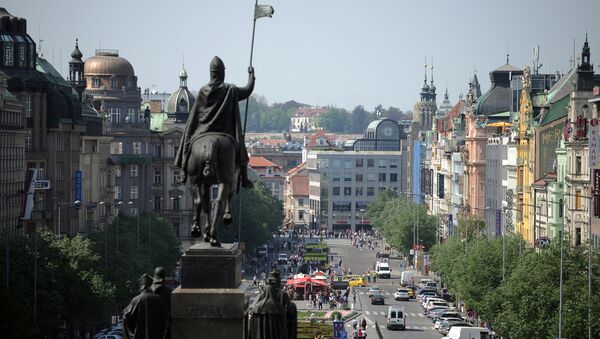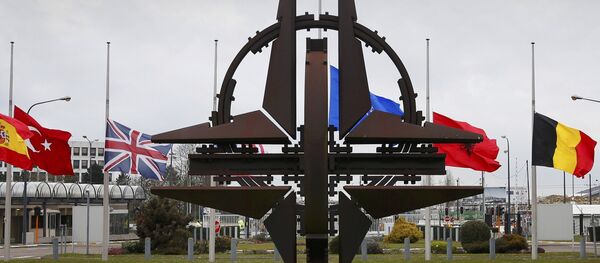“Lubomir Zaoralek argued that among other things, Brexit has curbed investment, triggered inflation and led to a drop of real-term revenues. We don’t know if our possible exit from the EU will lead to an economic collapse or will make our economy stronger. What we do know is that the Czech Republic is becoming a donor to the EU budget,” Premysl Vltava told Sputnik Czech.
He added that no matter how much the Czech Republic needs the money it is getting from Brussels, EU financing could trickle down as the funds would be diverted to the countries now knocking on the EU door.
“They are talking about taking in Ukraine. Would it be a catastrophe for the Czech Republic? I don’t think so. Foreign companies working here will not go anywhere because our labor is cheap and this is what German, French and Italian firms are looking for,” Vltava noted.
With the sanctions the European Commission is going to slap on the Czech Republic, Poland and Hungary for their refusal to accept the EU’s refugee quotas, there has been much talk about a referendum on the Czech Republic’s possible exit from the EU.
“What Brussels is telling us is undermining our status as a sovereign nation. The Czech Republic should avoid a situation they now have in Belgium, Holland, France or Britain where Islamic terrorists are terrorizing people,” Premysl Vltava said.
He blamed the US for setting off the wave of migrants with its bombings of Libya and the ouster of Muammar Gaddafi.
“We have the same situation also in Iraq, Afghanistan and Syria after what the EU, NATO or the US did there, and Europe is now paying a price for those interventions. What Brussels wants to do is an attack on our sovereignty. Imposing sanctions for our failure to implement [migrant] quotas simply makes no sense. Small wonder that people want to leave the EU,” Premysl Votava added.
In September 2015, the EU Council forced through its plan to impose a quota system to redistribute 160,000 migrants from Greece and Italy across the EU by September 2017.
The plan was passed by the majority of EU interior ministers, but Hungary, Slovakia, Romania and the Czech Republic voted against the measure.
Since then, Hungary and Poland have not resettled a single refugee, while the Czech Republic initially accepted 12 people but has refused to take anyone else since August 2016.





